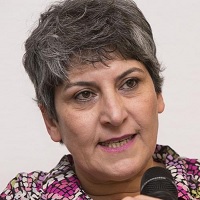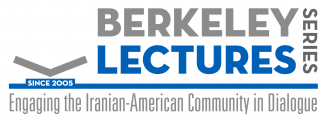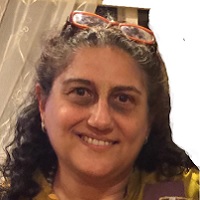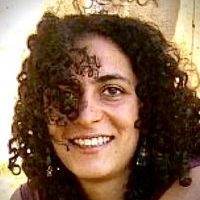On “Woman, Life, Freedom” Movement, Parastou Forouhar, July 9, 2023

Parastou Forouhar, writer, artist, a human right activist, was born in Tehran, Iran. She studied art at the University of Tehran from 1984 to 1990 and earned her MA from the Aufbaustudium an der Hochschule fur Gestaltung in Offenbach, Germany in 1994. While living in Germany, in 1998 the politically motivated murder of her parents, Dariush Forouhar and Parvaneh Forouhar were carried out in Iran. As a result, the subject matter of her work is largely autobiographical. Themes of her work include gender and identity, particularly the lives and sexuality of women, as well as religious and political issues pertaining to Iran.
Forouhar works across a variety of media, combining an affinity with ornament, pattern, calligraphic form and symmetry with a delicate aesthetic that belies the violence of her subject matter. She has produced many site-specific installation pieces, animations, digital drawings, and photographs as well as works on canvas. She has had a number of solo exhibitions worldwide, particularly in Germany. Though the inspiration behind Forouhar’s subject matter may be tragic, her work has a great emotional range: the results are sometimes macabre, occasionally darkly humorous, and often purely joyful.
In addition to her art works, Parastou Forouhar has authored two books; “ Bekhan be Naam Iran” in Persian and “Sarzaminy ke dar aan Pedar va Madaram be Ghatl Residand – Ebraz Eshgh be Iran” in German.





